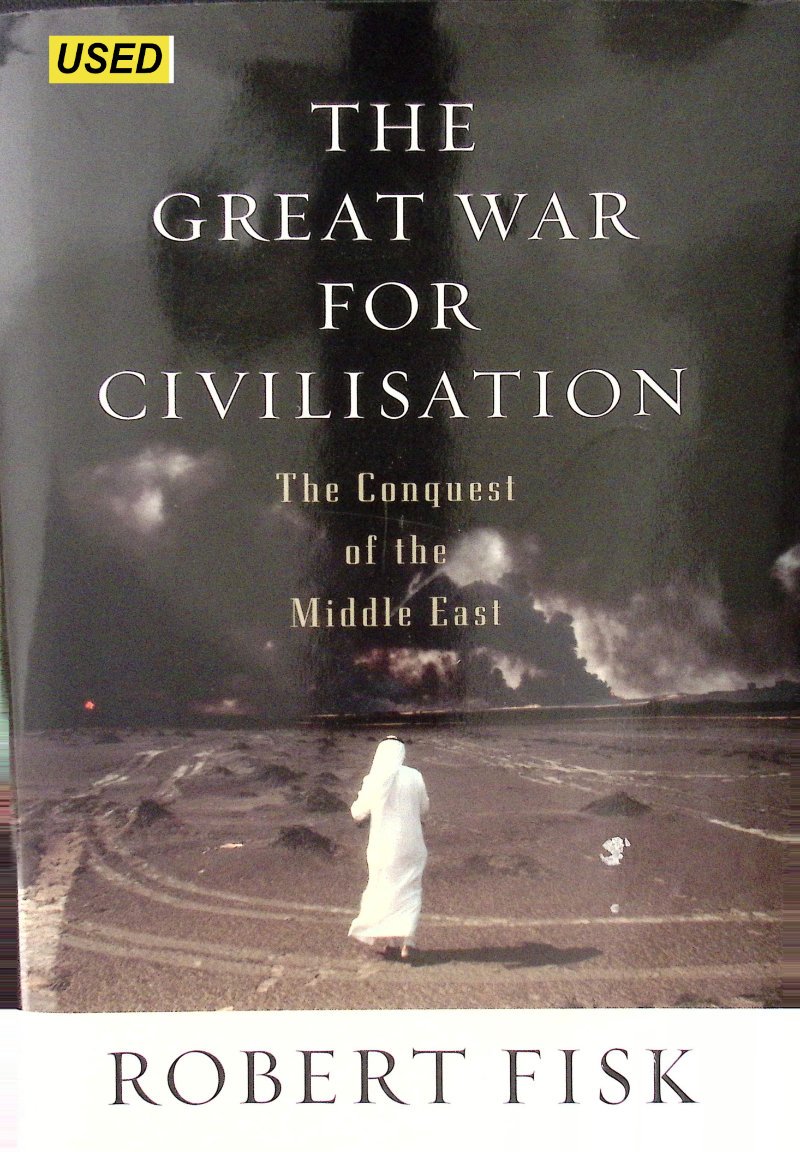By David Taylor
FROM THE COVER: “Between 1750 and 1914 the English criminal justice system was transformed. George Ill's England was lightly policed, and order was maintained through a draconian system of punishment which prescribed the death penalty for over 200 offences. Trials, even for capital offences, were short. The gallows were the visible means of showing justice in action and were intended to create awe among the public witnessing the death throes of a felon. However, by the time of Queen Victoria's death, public executions had been abolished, and the death penalty was confined in practice to cases of murder. The prison, that most lasting legacy of Victorian England, was the dominant site of punishment, society was more heavily policed, and court procedures had become longer, more formal and more concerned with the rights of the defendant.
Drawing upon recent research in one of the fastest-growing and most exciting areas of social history, this book offers a comprehensive and up-to-date account of these important developments. As well as looking at the underlying causes of change in the criminal justice system, the book concludes with a consideration of the ways in which the evolution of modern society has been shaped by the developments in the criminal justice system.
NY. St. Martin's Press. 1998. 219p.





















